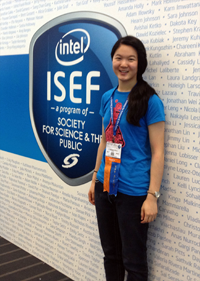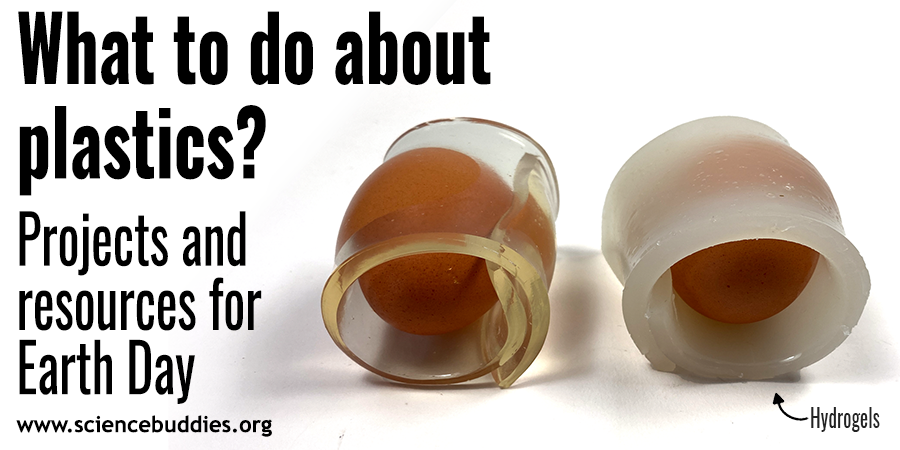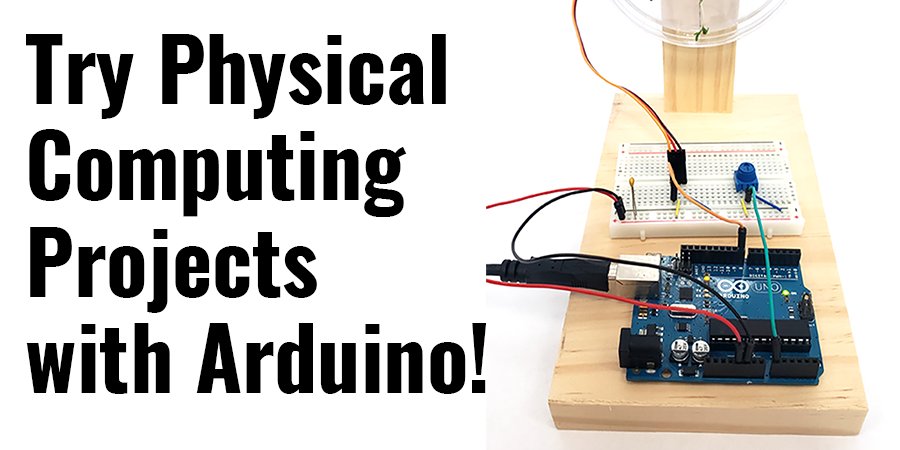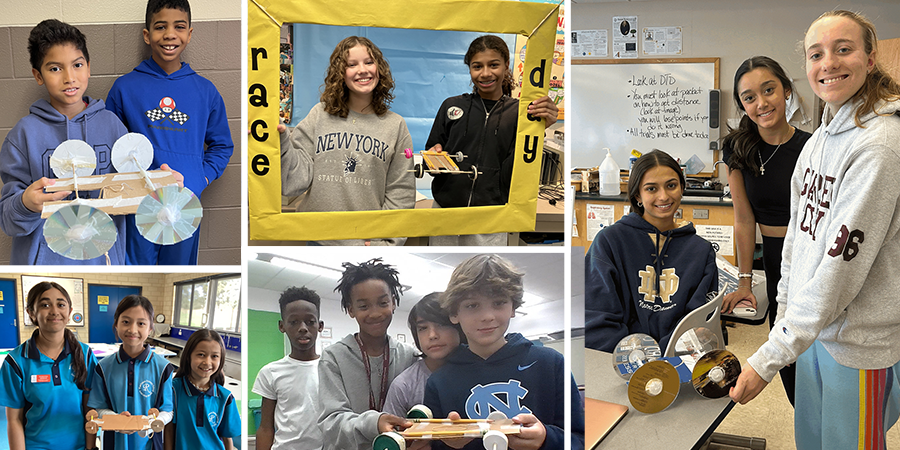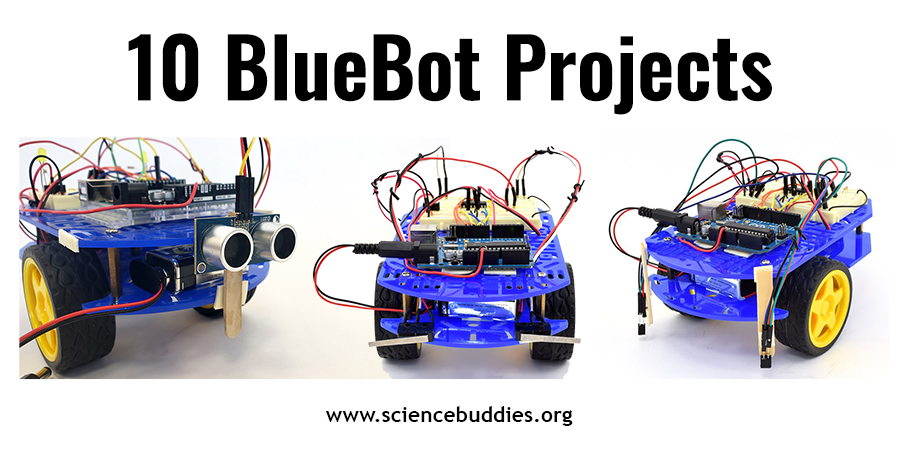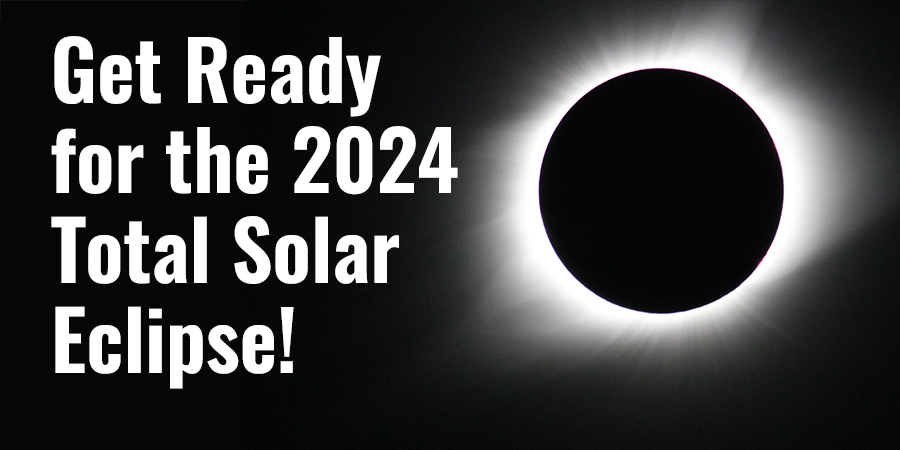Student Creates Science Alliance Network to Increase Science Mentoring
Christina Ren, a high school junior and founder of Science Alliance Network believes student-to-student mentorship is key to keeping young kids excited about science.
By Kim Mullin
Christina Ren has a mission: sparking a passion for science in elementary and middle school students. At the 2012 Intel International Science and Engineering Fair (ISEF) during her freshman year of high school, Christina discovered that she loved explaining her project to younger students visiting the fair on the public visitation day. She was surprised by their enthusiasm for scientific experimentation. After similar experiences at other science fairs, Christina concluded that giving kids the opportunity to do hands-on experiments would be a great way to keep them excited about science throughout their school years.With this in mind, Christina joined her school's Science Alliance Club, a program that matches high school students with younger kids who need to complete a science fair project. While mentoring her buddy that year, Christina discovered that the program was a win-win. Not only was she helping someone learn the process of scientific investigation, but she was also reinforcing her own knowledge of science.
Christina particularly appreciated the opportunity to be a Science Alliance mentor because she had help from adult mentors for her own science projects. "Through Science Buddies' Ask An Expert forum, I received timely and helpful advice from Ms. Donna Hardy from Bio-Rad Laboratories," explains Christina. "I conducted my projects mostly independently, and it was great to be able to get some feedback and advice from a science professional when needed."
A Personal Challenge to Help Others
Having seen firsthand how beneficial science mentoring was to both the high school and the younger students, Christina took on the personal challenge of greatly expanding Science Alliance's reach. Four other schools in the area had already started their own Science Alliance Clubs, but Christina saw that the idea would be easy to replicate on a much larger scale.
With the help of Patti Carothers, the science teacher who co-founded the original Science Alliance Club in 2004, and now director of Alameda County Science and Engineering Fair, Christina worked out a plan to create the Science Alliance Network, which would allow the program to expand across the country. Two key parts of her plan were the Science Alliance Network web site and the Science Alliance Network Resource Pack. The web site describes the program and invites schools to participate, while the Resource Pack provides schools with the tools they need to start their own Science Alliance Club.
Spreading the Word
Now that she has developed the tools to help other schools get started, Christina is working hard to promote Science Alliance Network. She presented the program to local school boards at this year's California Jr. Science & Humanities Symposium and will be presenting this week at the 2013 Intel ISEF. By way of explaining her enthusiasm for Science Alliance Network, Christina states, "Young people are the key to solving our toughest global issues, so I believe it is imperative to encourage others to rely on their spirit of curiosity, to explore new ideas, and take on scientific challenges."
Because Christina is focused on expanding the Science Alliance Network, she isn't mentoring a younger student this year. However, remembering her previous mentorship, and seeing the positive impact of other Science Alliance Network mentorships, keeps her motivated. "My favorite part of mentoring is seeing the immediate effect it has on the kids—they're engaged, curious, and eager to learn. This is the ultimate reminder of why I think Science Alliance is worth spreading to others."
Categories:
You Might Also Enjoy These Related Posts:
- Making Recycling Sorting Machines—STEM Success
- Mini Trebuchets and a NM MESA Challenge
- Helping Students Build Coding Skills with Drones and Self-Driving Cars
- Middle School Student Codes to Improve Life with Visual Impairment
- Student Science Project - Designing and Coding a Video Game to Help People with Alzheimer's
- Teacher Combines Computer Science and Engineering Design for Middle School Students - STEM Success Story
- A Mirror Maze Success Story
- Paper Roller Coasters and Energy Transformation: STEM Teacher Success Story


